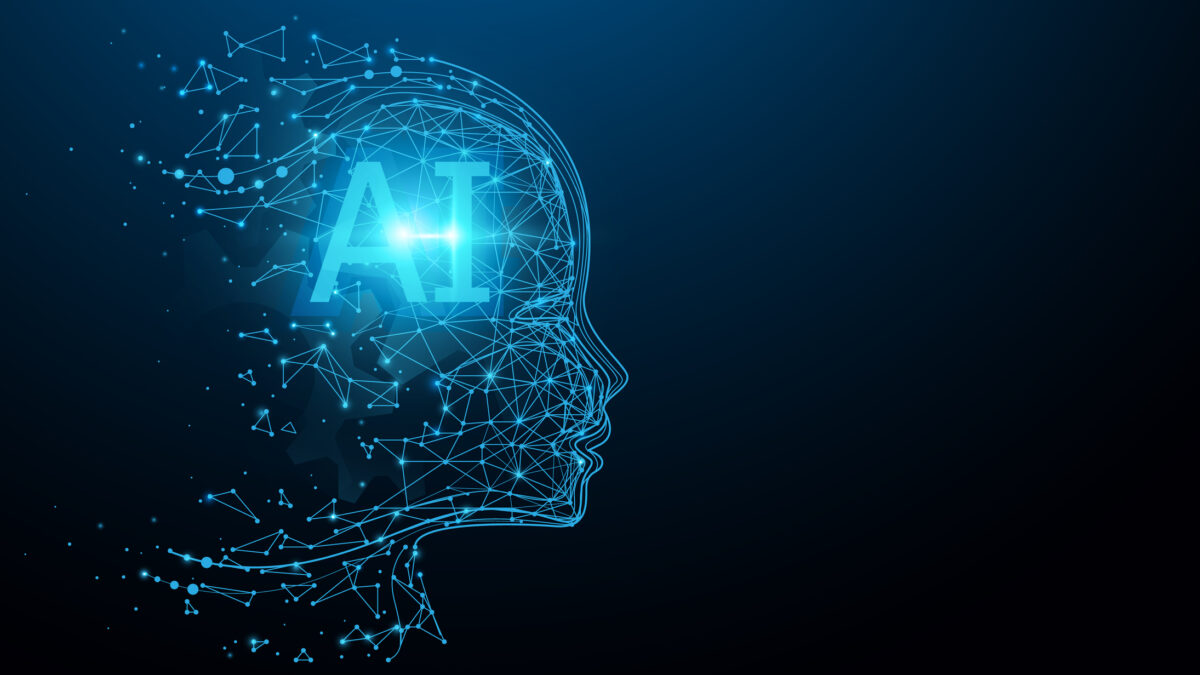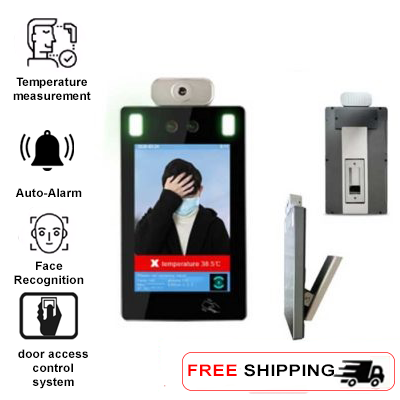
Alternate the Fingerprint time and attendance Terminals
June 26, 2020
Telemedicine and Medical Artificial Intelligence
June 30, 2020Today’s technology is a booming market full of exciting and innovative products and new learning opportunities; “like art, it is a soaring exercise of the human imagination.” – Daniel Bell. Indeed, Artificial Intelligence becomes more important and vital in our lives. Especially with the outbreak of the new COVID-19 that is threatening humans’ safety.
Currently, AI is being used across different industries and approving their efficiency by making humans’ lives easier. For instance, under the critical circumstances that the world is facing nowadays, AI saves us with non-contact devices such as smart face-recognition access control and temperature detectors.
Facial recognition systems attempt to identify a human face, which is three-dimensional and changes in appearance with lighting and facial expression, based on its two-dimensional image. Yet, these access control devices can reduce the risk of infection transmission by allowing employees to present a card to the reader.
Besides, AI temperature detectors machines reduce personnel contact, support massive data cloud storage, convenient tracking management; indoor and outdoor use of multiple scenes, especially now that primary and secondary school students are opening the school.
Since certain pathogens can be transmitted via surfaces, this technology could help reduce the risk for that type of transmission. In fact, Face recognition devices are suitable to serve at stations, airports, hospitals, and other public places to improve epidemic control and disinfection efficiency while reducing the exposure risks of people.
Yet, researchers at the University of Cambridge have proven that “No-Touch” that uses artificial intelligence is great to predict a user’s exact target on the screen, all without swapping any germs.
Most importantly, keeping people’s hands away from public displays could reduce the risk of spreading any pathogens, including SARS-CoV-2, the virus that causes COVID-19.
References: What’s the impact of AI and Technology on Society?, Artificial Intelligence, NO-touch screen
[launchpad_feedback]




